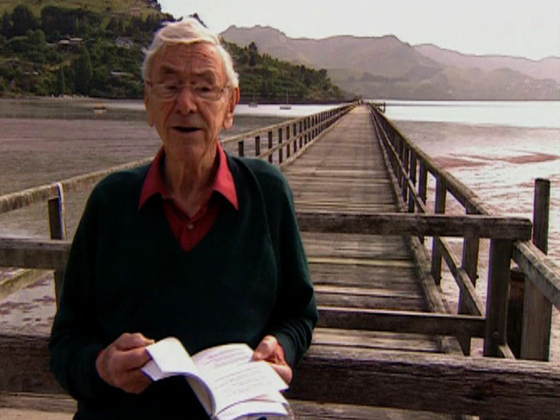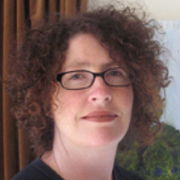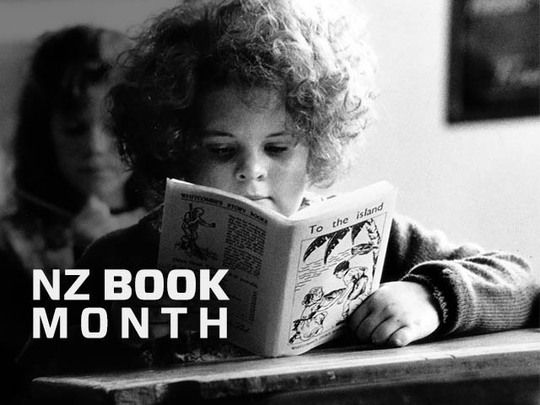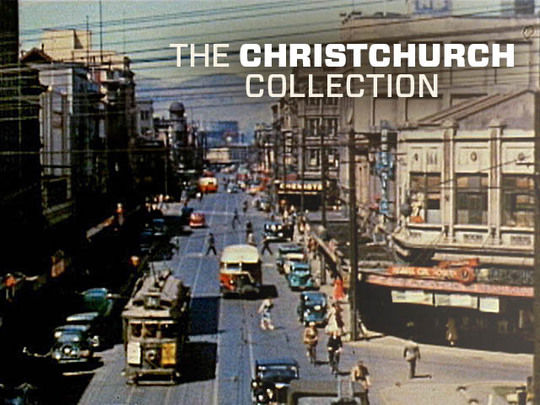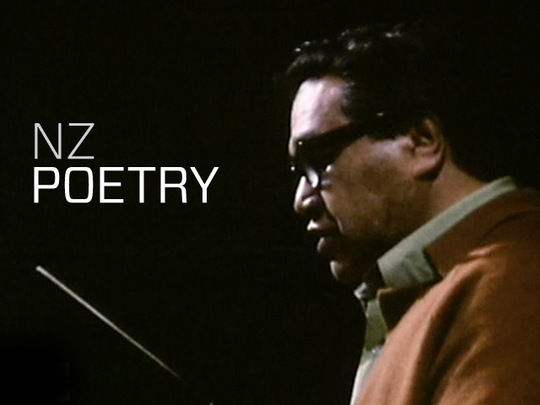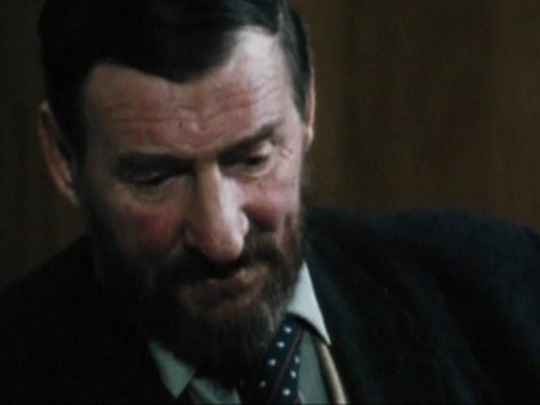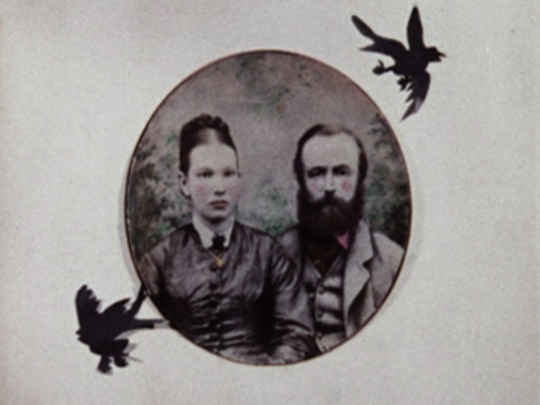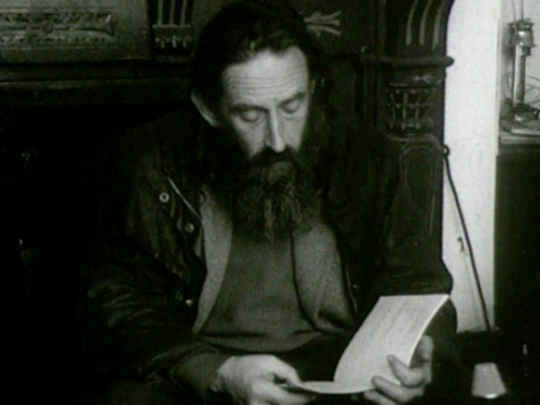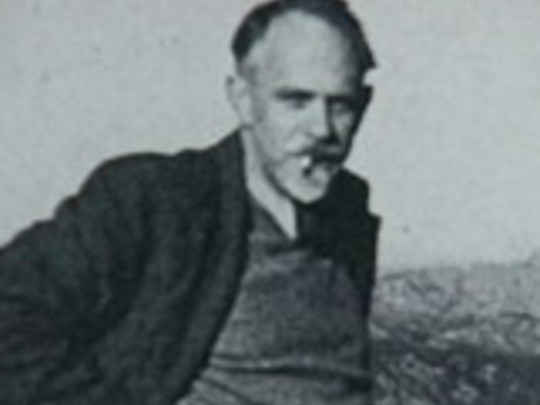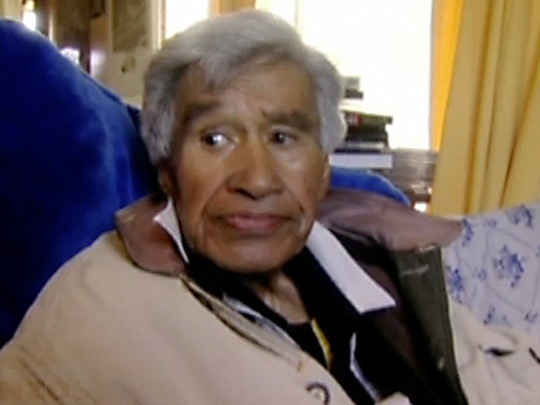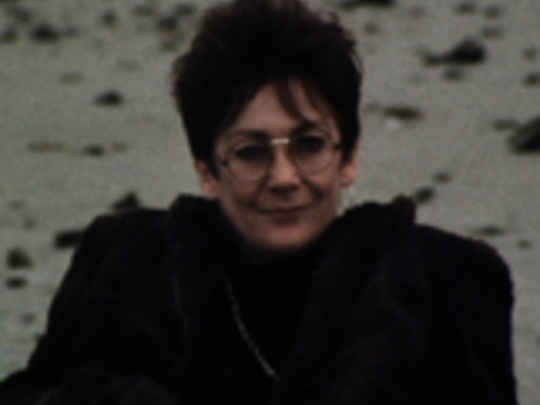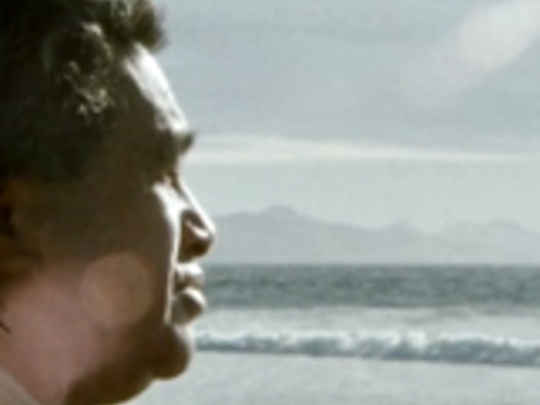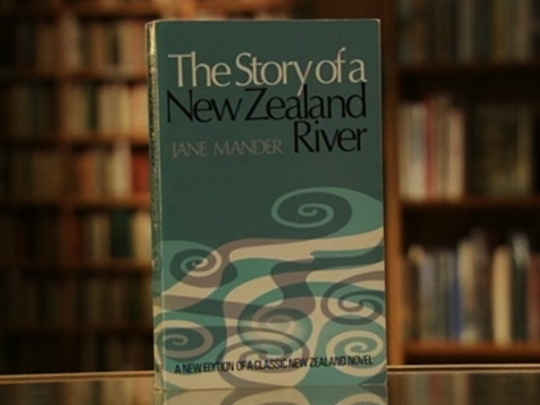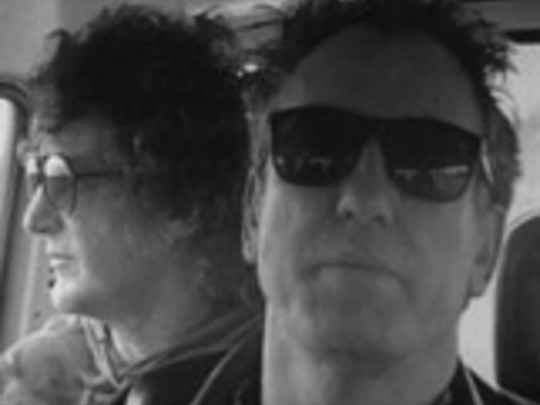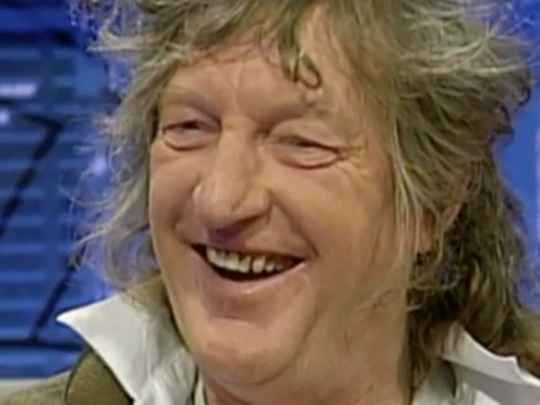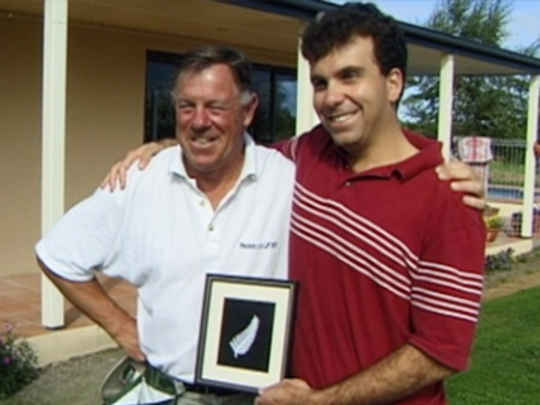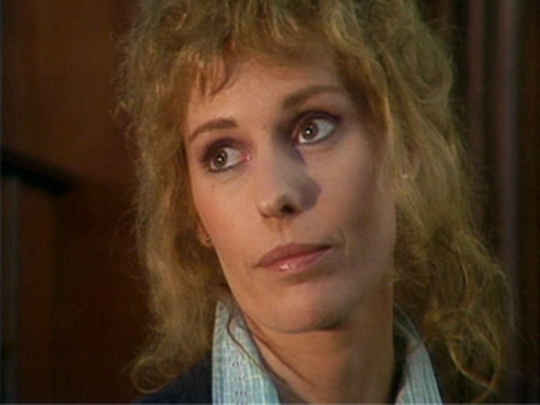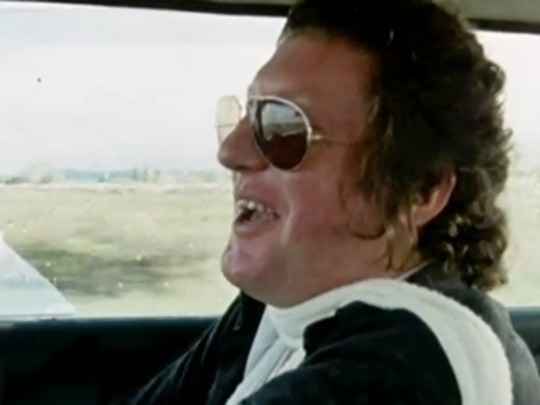Early Days Yet
Television (Full Length) – 2001
A perspective
Early Days Yet is a portrait of internationally acclaimed poet Allen Curnow. It follows Curnow in the last months of his life as he revisits the sites of some of his most important poems — from the South Island of New Zealand and the West Coast beaches of Auckland, to the streets of Rome. It provides access to his work through dramatisations, and through the poet's own comments on writing, revealing a man sharply observing and reporting the world around him.
With its emphasis on words, a poet's life is no easy subject for documentary. Director Shirley Horrocks gets around this with the help of cinematographer Leon Narbey, who shot the landscapes of Curnow's poems. These beautifully shot scenes are intercut with dramatisations, and family photographs over the top of which the poet reads the poems. This approach supplements the words visually; it subtly gets inside some of the imagery, language, and themes of the poems — their quest for justice, fairness, and who New Zealanders really are.
Curnow is seen at his typewriter talking about his daily writing process. His commitment to poetry and its precedence in his life, is one of his enduring legacies. Poets Bill Manhire, Ian Wedde, Leigh Davis, Elizabeth Smither, and CK Stead add observations about his influence on New Zealand poetry.
In 2001 Curnow was New Zealand's oldest living and most distinguished poet, and some considered him "one of the greatest poets of the English language". He received the Queen's Gold Medal for Poetry from Queen Elizabeth II in 1989 — the first New Zealander to receive it.
But as with all biography, certain parts of the subject's story are chosen for the telling and others are left out. For example the political satire Curnow wrote in the 1930s under the pseudonym of Whim Wham, is discussed. But absent is any mention of the controversies that surrounded his 1951 and 1960 anthologies of New Zealand poetry. These literary storms no doubt lacked the visual interest vital for the screen biography, whereas Whim Wham, with its cartoons, imparts the spirit of his columns.
This documentary is one of a small number produced about New Zealand poets/writers for television or film. At the time of writing it was the only documentary to explore Curnow's life and work, and it won a Qantas Media Award in 2001. Allen Curnow died on 23 September 2001, shortly after it was completed.
- Jane Duffy is a poet, writing tutor and former art gallery director.
